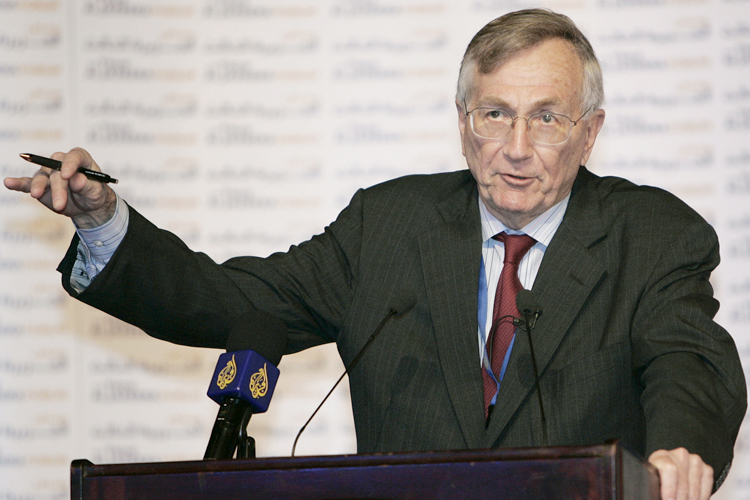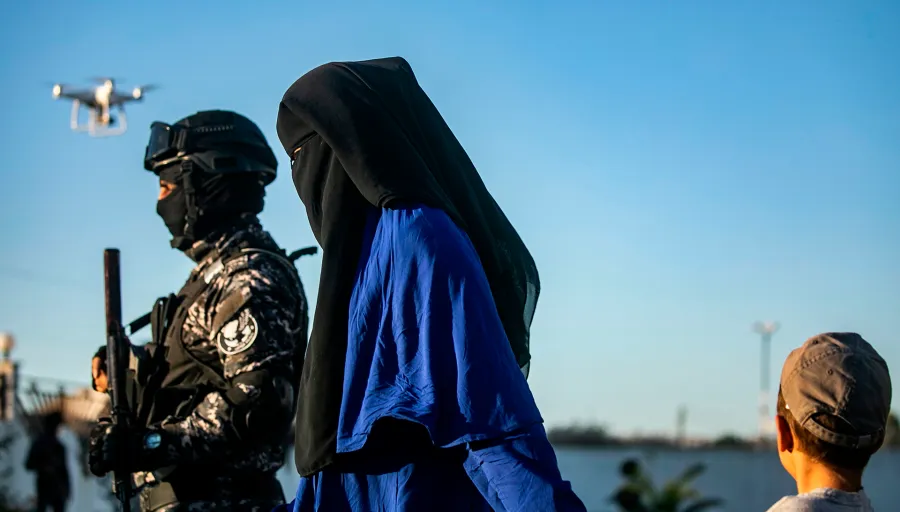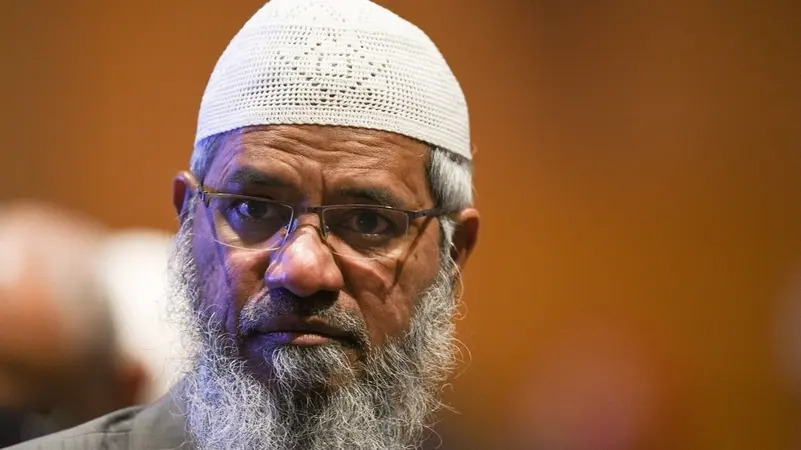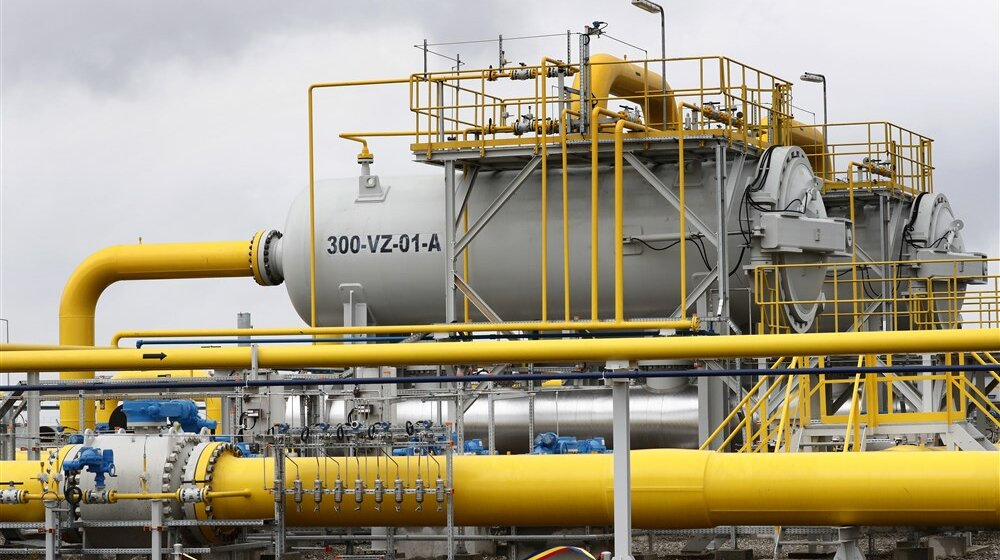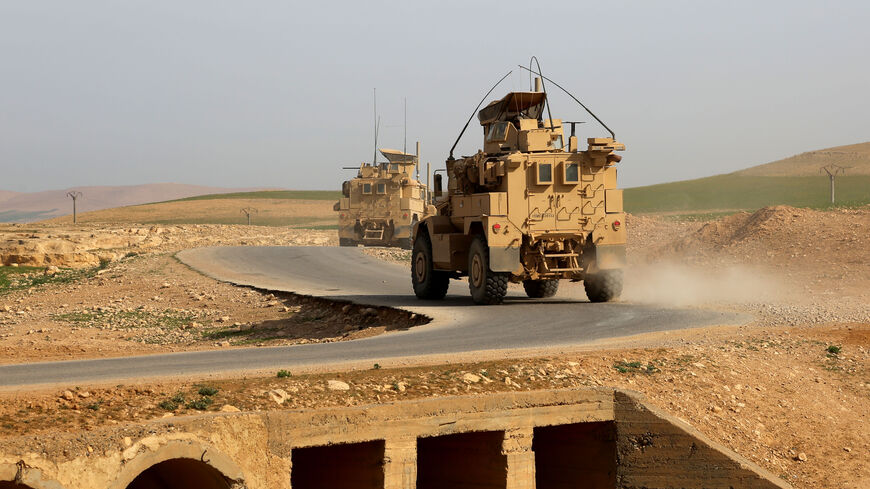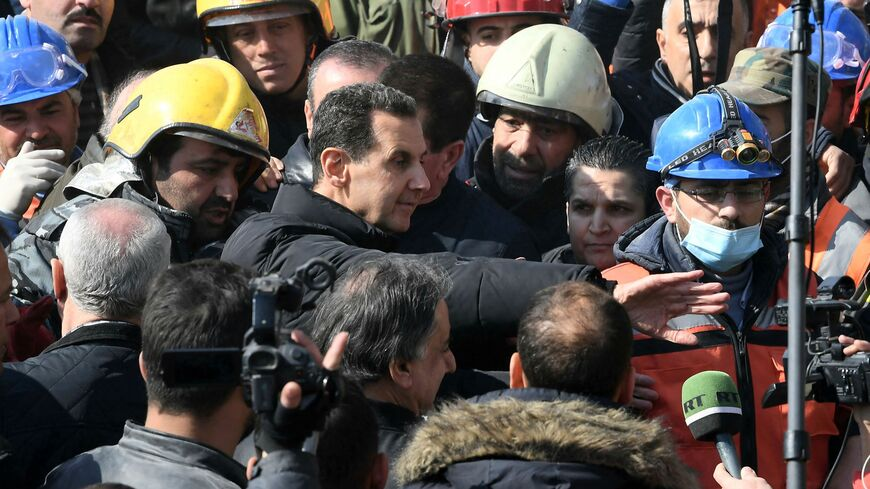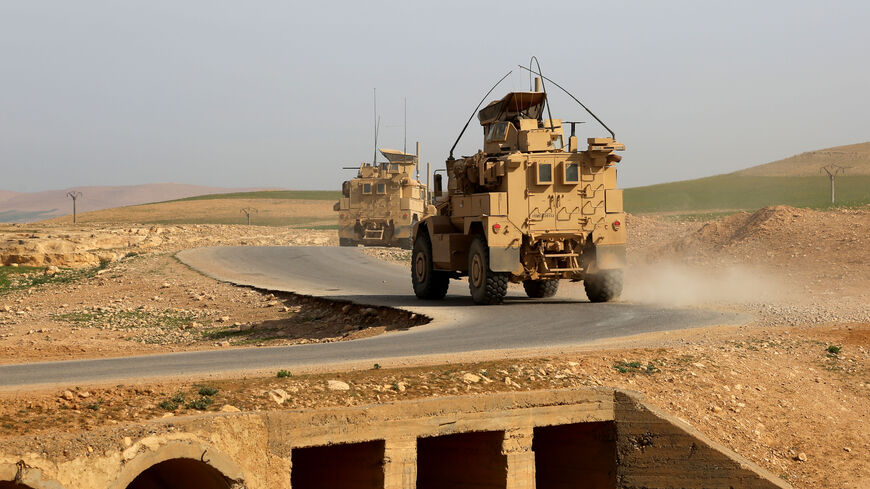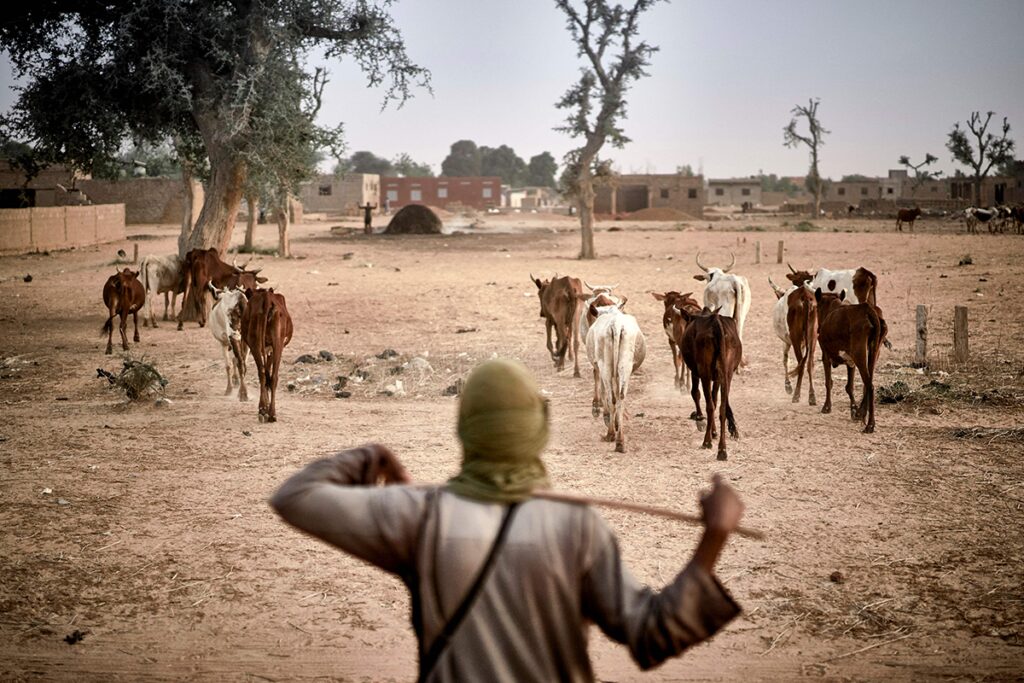Introduction: The Islamic State’s Sahelian Affiliate
The Islamic State Sahel Province (IS Sahel) is a salafi-jihadist militant group and the Sahelian affiliate of the transnational Islamic State (IS) organization. It is primarily active in the border areas between Burkina Faso, Mali, and Niger — known as the tri-state border area, or Liptako-Gourma — but it has also engaged in sporadic activity in Algeria, Benin, and Nigeria. The group’s composition reflects the social fabric in the areas where it is active. Its members belong to the Fulani, Arab, Tuareg, Dawsahak, Songhai, and Djerma ethnic groups, although its core leadership was historically composed of Western Saharan militants.
